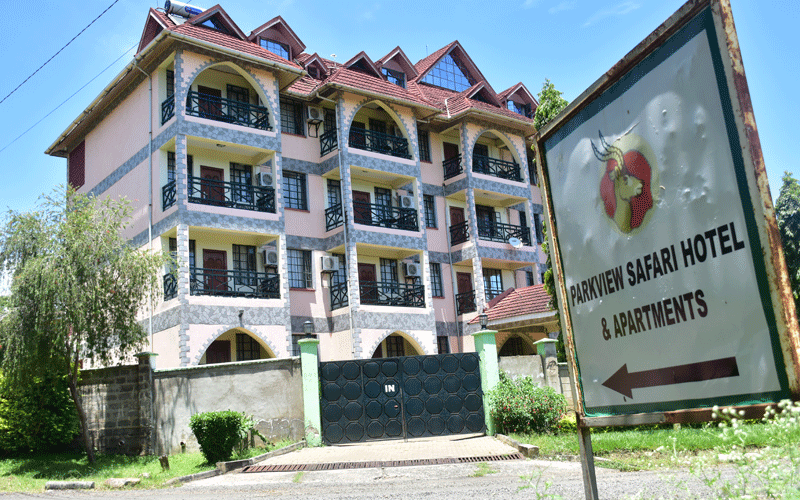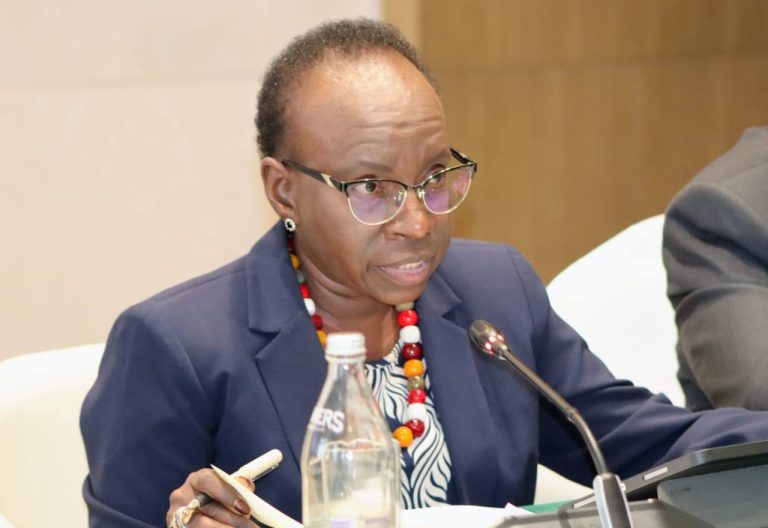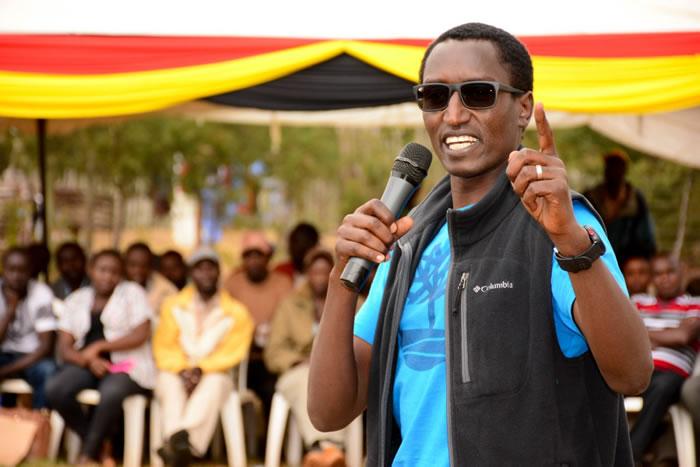Hotels feeling the pinch of new competition, pandemic

Few industries have been as deeply affected by the coronavirus pandemic and its containment measures as hospitality and leisure industry.
Some hotels either closed, laid off or sent employees on unpaid leave until further notice.
However, as much as the pandemic has had a devastating effect on the sector, analysts and market players say the industry has been struggling for years.
The hotel market, they add, has been struggling with oversupply of rooms and price undercutting, coupled with intense cut-throat competition from Airbnb (air, bed and breakfast) alternatives.
Phenomenal growth of alternative accommodation and entry of up to 20 global hotel brands into the country in the last 10 years, has kept average hotel occupancy at between 42 per cent and 53 per cent for almost a period of 10 years.
Hence nearly 40 to 50 per cent end up in these alternative accommodations, leaving hotels struggling for survival.
The alternative accommodation comes in the form of apartments, that have been converted into Airbnbs and lodgings, pushing down overall market prices as hotels struggle to cope with below 50 per cent occupancy.
These apartments come with lower operating costs, especially labour costs, and can therefore charge as little as Sh3,000 when most hotels charge in excess of Sh6000 per day.
A quick scan of Airbnb’s in Nairobi shows a well organised market serving boththe low-end and high-end customers in almost every middle class and upper class suburbs in Nairobi from Upper Hill to Westlands, Kilimani, to Gigiri even Rongai.
Kenya has an estimated 3,400 hotels rooms, a far cry from 8,000 Airbnb listings.
Pay tax
Market players say they are pushing the government to regulate Airbnb and alternative accommodation, saying they are responsible for unfair competition since they dont pay tax.
“You cant fight technology, what we are asking the government to do is ensure they have tourism certification and they pay tax,” says Kenya Coast Tourism Association CEO Julius Otieno.
He adds that the SGR trains usually drop about 1,200 people in Mombasa daily but the hotels don’t know where these people spend their nights.
“Some of them go to their relatives places which we don’t have a problem with, but where do the rest go? We just need fair competition,” he says.
Otieno adds that hotels are experiencing what Uber did to the local taxi industry.
Prices in the industry range from Sh2000 to as much as Sh9,000, with facilities that are competitive and more spacious turnkey accommodations.
“This has made hotels to cut prices sharply to just cover food, drinks and entertainment but getting nearly nothing on accommodation which traditionally accounted for 60 per cent of hotel revenues,” Chairman of the Association of Hotel Professionals in Kenya, Robert Kinyua, said.












